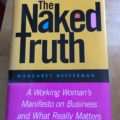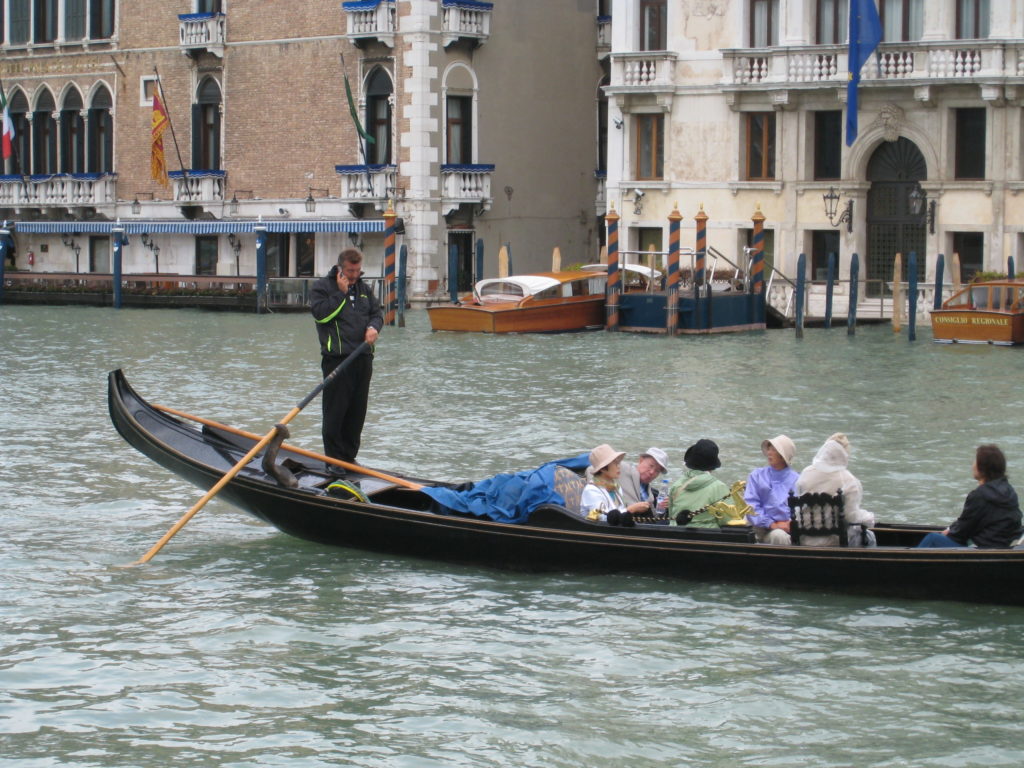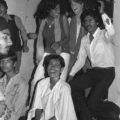I was in Stockholm for two weeks in early September, work and tourism photo galleries below.
Those Anti-Social Smartphones
An ironically popular theme in social media lately is “Smartphones have made people antisocial!”, often illustrated with a photo of a bunch of people who happen to be standing or sitting near each other, all heads-down, engrossed in whatever is happening on their phones. There is usually accompanying text, some sanctimonious, head-shaking statement about how “before smartphones, people used to actually talk to each other in public.”
Actually, they didn’t. Continue reading Those Anti-Social Smartphones
Welcome to Woodstock
Woodstockers in Film: Tom Alter and Shruti Ganguly
Actor Tom Alter and producer Shruti Ganguly speak at the Woodstock School reunion in Baltimore, 20143
Tom Alter as Maulana Azad
I’ve been hoping for years to see this full show, but the right confluence of circumstances will have to occur. At least I have now seen some excerpts, thanks to Tom’s presence at the WOSA annual reunion I just attended in Baltimore.











